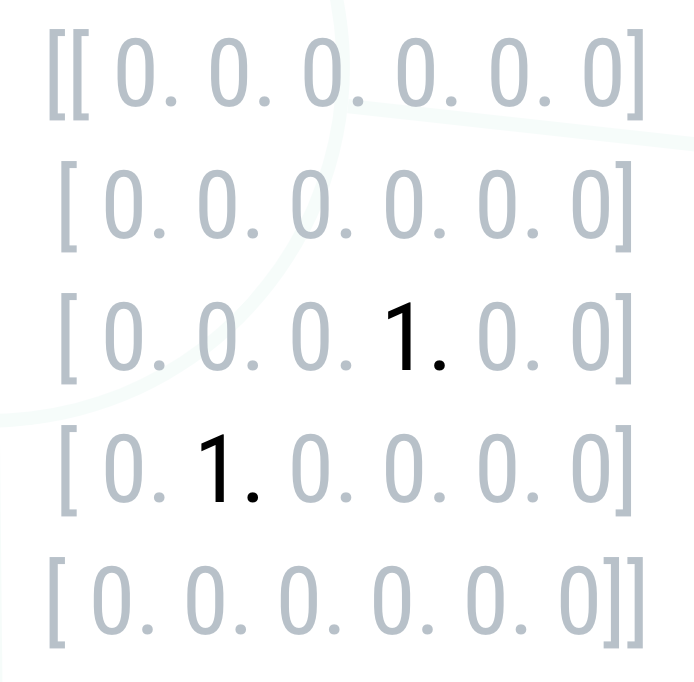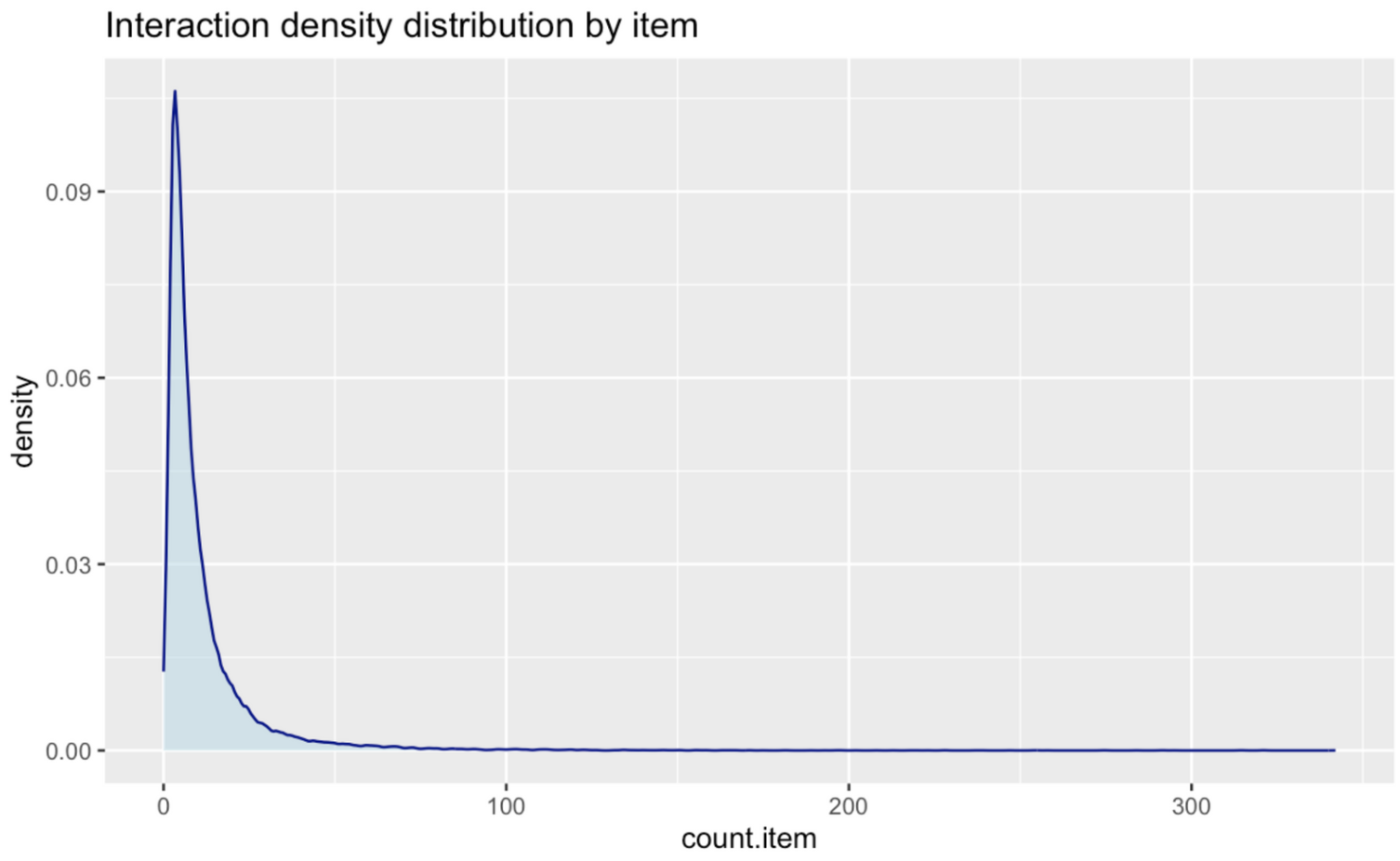- Challenges for Recommendation System

Data sparsity is a common issue in recommendation systems. It refers to the situation where the available data about user preferences or item characteristics is extremely limited or sparse.
The datasets of RS usually follow power-law distribution, significantly affecting the training of models due to popularity bias and leading to cold-start problem.

- Contrastive self-supervised learning

Contrastive self-supervised learning models create augmented versions of input data with auxiliary tasks. The contrastive loss function minimized the distance between positive pairs while maximizing the distance between negative pairs.
Related algorithms:
- LightGCL
- Self-supervised Graph Learning (SGL)
- Hyper-graph Contrastive Collaborative Filtering(HCCF)
- Generative self-supervised learning

Generative self-supervised learning models aim to generate another version of view with masked task. After embedding, the learning model aims to minimize the difference between the reconstructed and original graphs.
Related algorithms:
- Automated Self-Supervised Learning for Recommendation(AutoCF)
- Graph Transformer for Recommendation(GFormer)